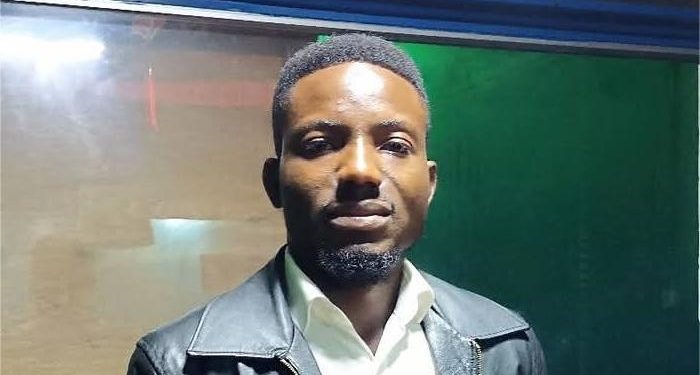By Abubakarr Benson
Defamation is now becoming a norm in the blogging space, and it’s deeply worrying. Today it’s someone else who is the victim; tomorrow, it might be you. This is why we need to raise concerns about this issue “befo wata pass gari,” especially when it threatens ethical standards, privacy, and human dignity.
Some bloggers knowingly post unverified information just to get likes, shares, or for seeking clout, fully aware the potential damage it could inflict on someone’s reputation. We’ve seen several cases where bloggers cross the line and violate people’s privacy, sometimes out of ignorance, other times for popularity; publishing private messages, family details, or sensitive personal information without consent is not just unethical, it’s dangerous. In some cases, it has led to public humiliation, mental health problems, or even threats to people’s lives.
I’ve seen youth leaders, respectable men and women in society, and even ordinary citizens, dragged through the mud online without a shred of evidence. The sad part is, once it’s out there, the damage is already done. As a country, we must push for more responsible blogging and teach content creators about the legal and human consequences of misinformation and defamation.
Even though there are a few who are trying to be more professional and ethical in their blogging activities, the majority still operate without a proper understanding of what responsible blogging actually means. There’s a growing need for sensitization and education around this issue, especially as digital media continues to grow.
Blogging can be a powerful public relations tool for civil society and the media if used properly. It gives us the opportunity to tell our stories, shape narratives, and connect directly with the people we serve – the citizens. But we must do it right, with honesty, clarity, and integrity. It should never come at the expense of the very people we seek to inform and empower.
A case for the Ministry of Information and Civic Education (MoICE), Sierra Leone Association of Journalists (SLAJ), along with the Sierra Leone Association of Bloggers (SLAB) to take the lead in driving conversations and policy around responsible digital content. Misinformation and defamation are not just legal issues, they are human rights issues too.
Tuesday 8 July, 2025













